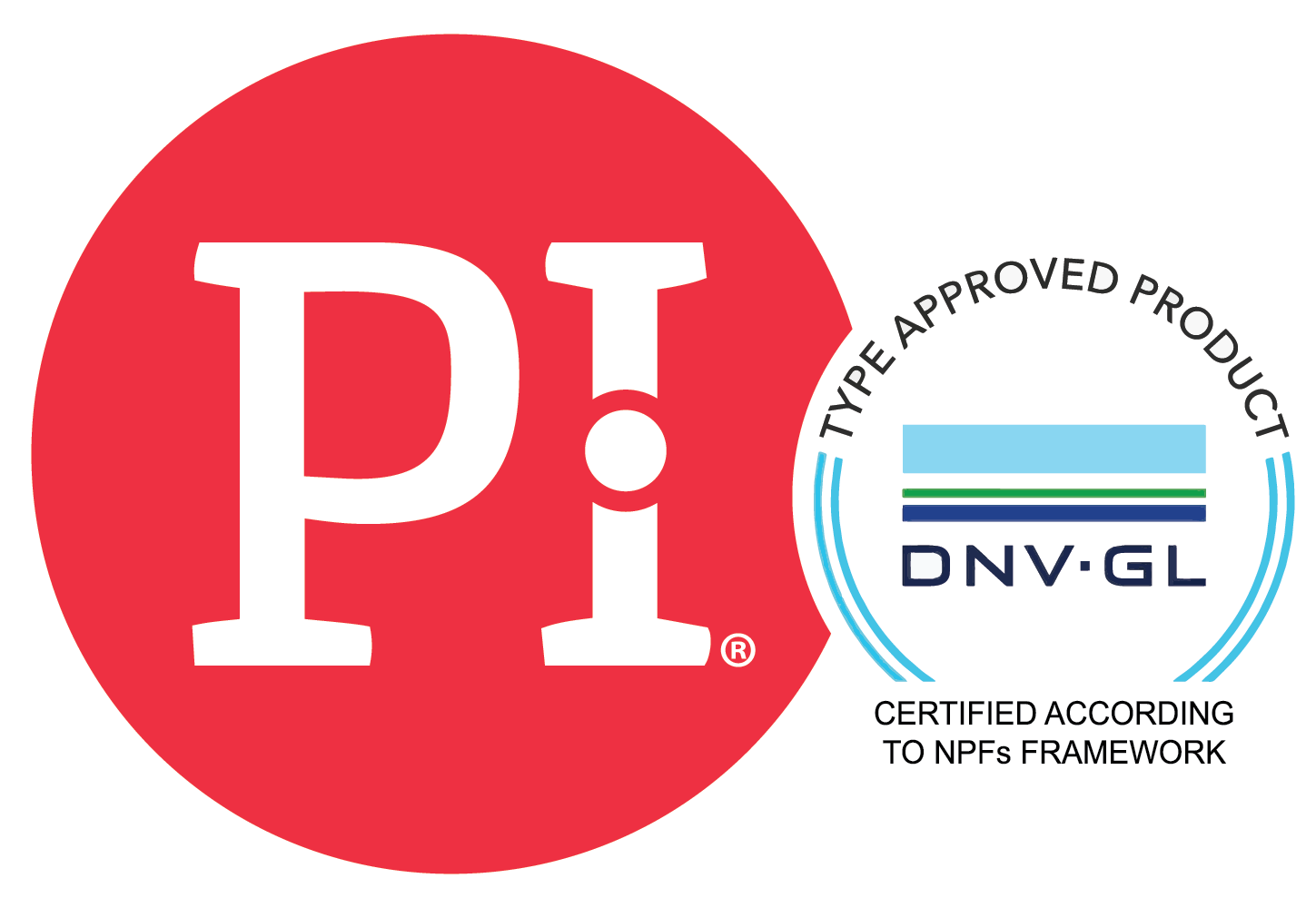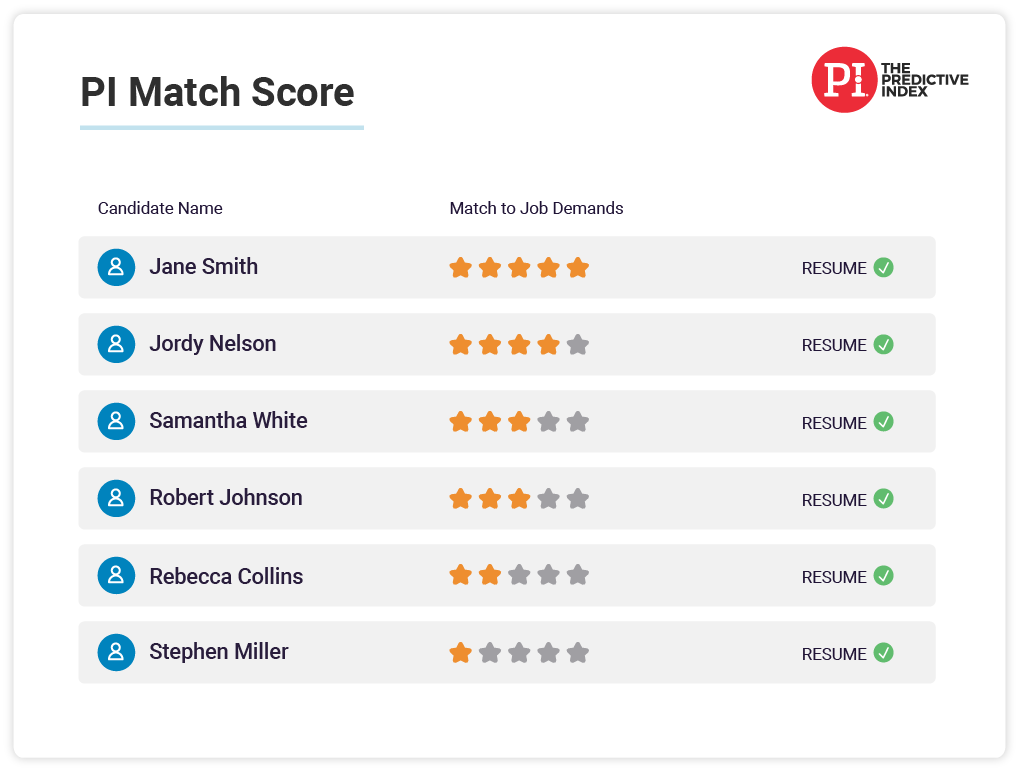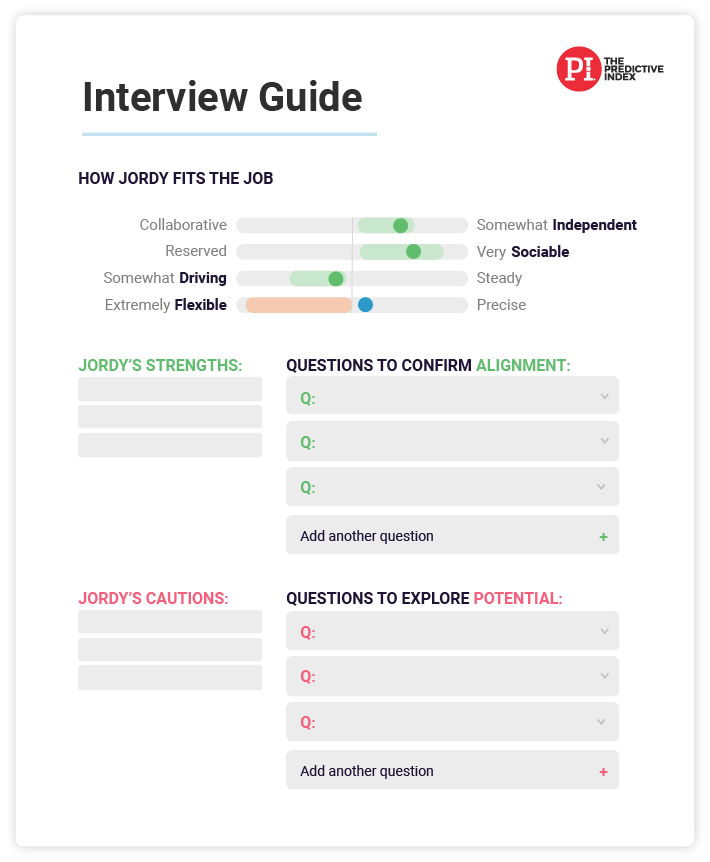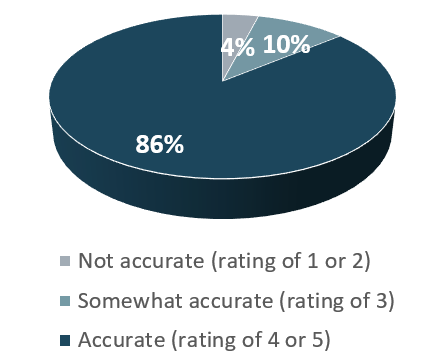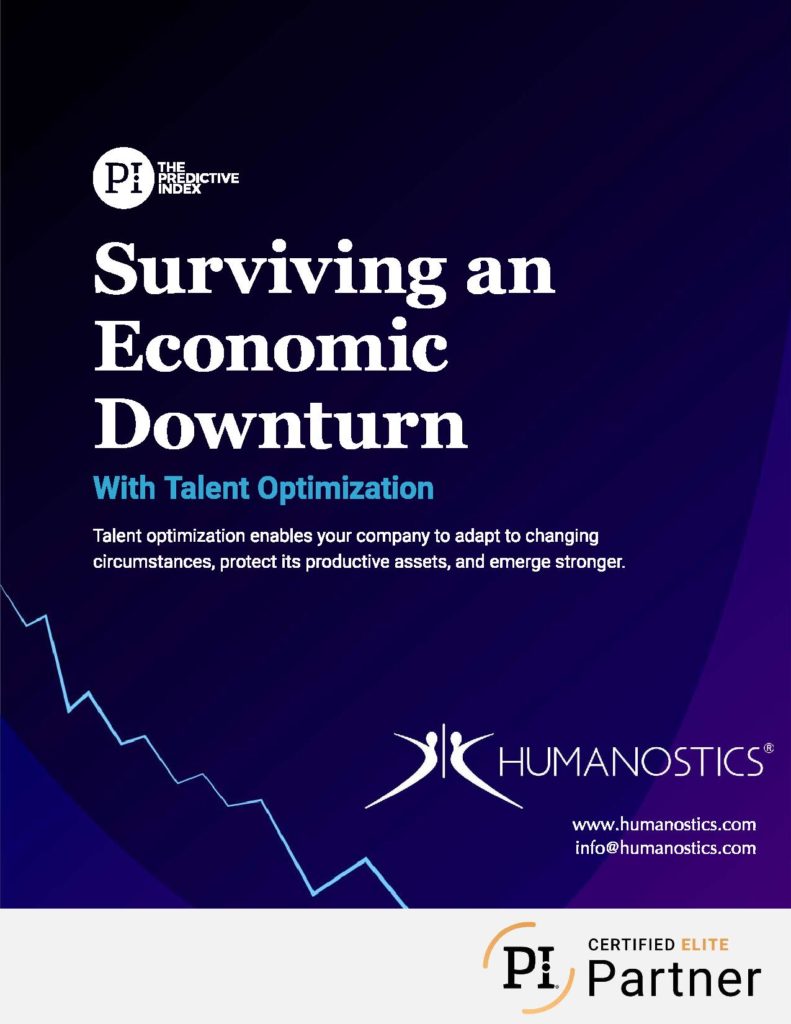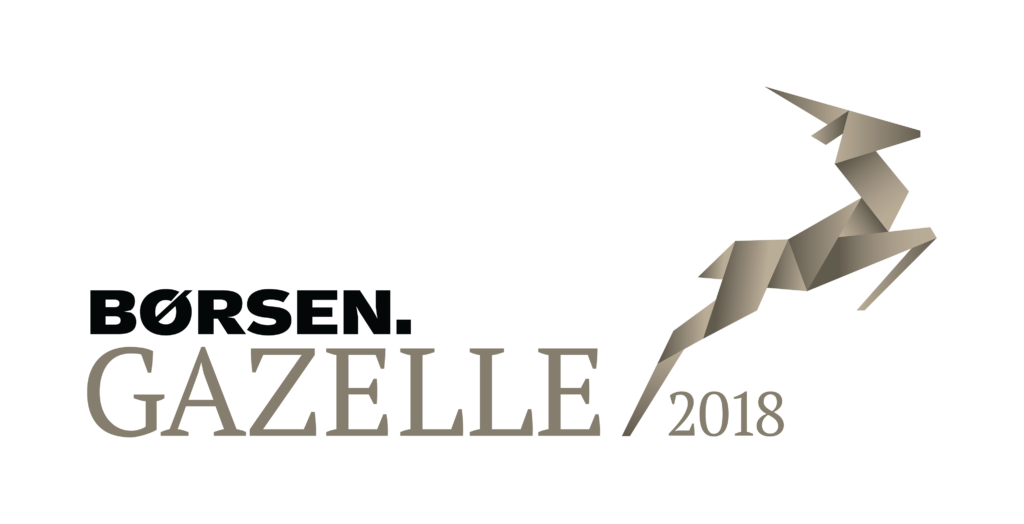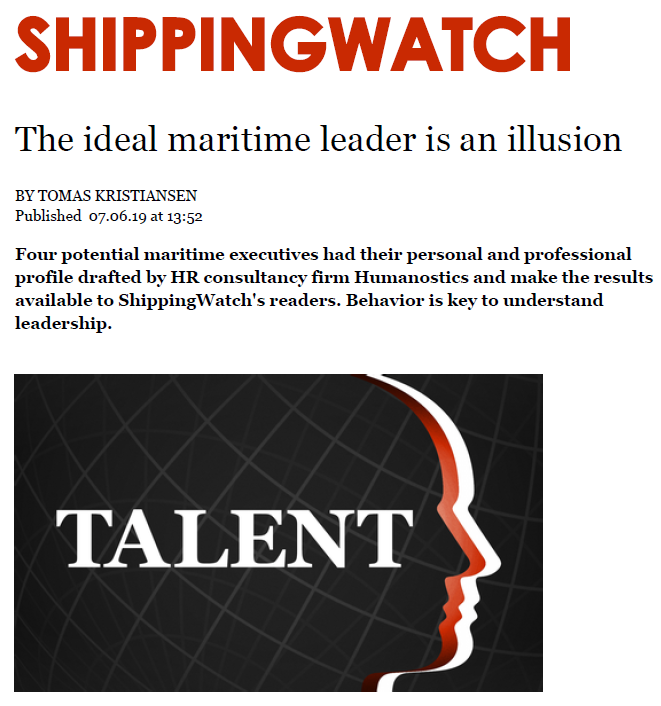BLOG
UPDATES FROM THE WORLD OF HUMANOSTICS
THE PATH TO A GREAT ONBOARDING PROCESS
By Pernille Flensted-Jensen, Senior Consultant at Humanostics
Success! Having spent time and money in the shape of ads, interviews, assessment feedback and various other things, you have finally found the ideal candidate for a job! Your new hire is the perfect match to the position and possesses the skills, experience, drives and learning ability to take on the role, and you can now move on with your other assignments. But wait! Your job as a leader is not over yet.
Your first priority is to ensure that the new hire gets a head start. There is not much time to demonstrate that you understand the new employee and that you have a genuine interest in them. According to the Aberdeen Group, companies with a structured onboarding programme have a better chance of retaining new employees – they are generally more engaged and they start delivering faster.
So – what to do?
First, you need to appreciate that perhaps not all managers have experience with onboarding. They need tips and sparring – preferably something that is easy and hands-on.
It is worthwhile to develop a checklist for the manager. Typically, HR has a list of things that need to be taken care of (e-mail address, comp. and ben., etc.) and likewise the manager needs a list which could include things like: Who should the new hire meet? What objectives should be reached first? Etc.
Moreover, the manager should be held accountable for the success of the onboarding (or lack thereof!). Successful onboarding should be one of his or her KPI’s.
How do you know what might be a good process for the individual? PI assessments can help you! When you know the assessment results, you get invaluable information about how much information they are likely to be able to process, how much instruction or support they need, and also how they prefer to learn. An extroverted person is likely to prefer to learn from others rather than having to read things on his or her own, while other might feel overwhelmed if they met too many people at the same time. If you understand the person and what drives him or her, there is a much better chance that they will feel engaged.
We all know that many apply for a job because they are attracted to the company, but they often leave because of the manager. So unless you ensure that the new hire feels energised during the onboarding process, there is a risk that you will soon have to fill the position again!
To learn more about creating a great onboarding process, feel free to contact us.
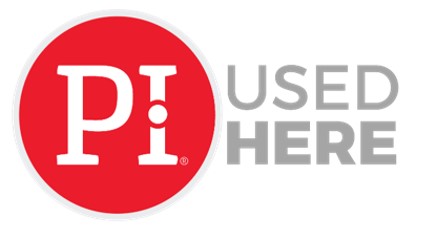

PI COGNITIVE ASSESSMENT EFPA CERTIFIED
Humanostics is delighted to announce that the PI Cognitive Assessment (PI CA) has been EFPA certified, just like the PI Behavioral Assessment was back in 2018. The CA was awarded a certificate of conformity under the European Federation of Psychologists’ Associations’ (EFPA) Test Review Model in a review performed by the Norwegian company DNV-GL.
This certification is an important distinction reflecting the quality, validity, reliability, and fairness of the CA. Well done to the science team at The Predictive Index LLC., who have spent around 1,000 hours over the course of many months to perform the extensive analyses and documentation required to achieve this certification.
Read the full press release from The Predictive Index HERE.
To learn more about the PI Cognitive Assessment, click HERE or contact us.
WHAT IS BEST - APPLES, PEARS OR ORANGES?
- What does the job really entail?
- Which skills are needed?
- What type of person would shine in such a job?
- How does this behaviour match the goals and the strategy of the organisation?
- How complex is the job?
IS THE PI BEHAVIORAL ASSESSMENT VALID?
By Pernille Flensted-Jensen, Senior Consultant at Humanostics
We are often asked if the PI Behavioral Assessment is valid. This question may be understood in two different ways. Scientifically, validity refers to whether the tool measures what we say it measures. But usually the question refers to whether PI BA is ‘correct’, i.e. if people recognise themselves in the result.
Let’s have a look at the validity first: Many studies show that the behavioral assessment lives up to the standards and that it is not only valid – it measures what we say it measures – but also reliable, meaning that it measures stable factors. In fact, the PI BA was certified by DNV GL in 2018, and this means that the assessment meets the rigorous standards set by psychological experts in the European Psychological Association EFPA. In other words, PI BA is scientifically validated for occupational use in practically all types of jobs across all industries.
Moreover, PI’s own science team has conducted more than 350 validity studies documenting a relationship between factors / profiles and performance, based on an analysis of important parameters such as sales, customer satisfaction, and tenure.
But are assessment takers able to recognise themselves in the results? Judging from the responses we get, the answer is mainly yes. Perhaps the most comment we get is ”This is just spot on!”.
PI has also investigated this: Between May 2018 and August 2019 feedback was collected from assessment takers who received their behavioral report, the one which based on the assessment taker’s self pattern describes the most typical behavior.
In the email containing the report there was a link to a survey where the assessment takers could indicate to what extent they found the report precise.
Of the 3535 respondents who answered on their own behalf, 86 % gave a 4 or 5 out of 5 which indicates that the lions’ share of respondents found that the report was an accurate description of them.
The responses have also been matched with the reference profiles of the assessment takers. The most common reference profiles were Collaborator and Operator – both accounted for 9 % of the responses – whereas only 3 % were Analyzers. The reference profiles which were scored as the most precise were Captain and Persuader (with a score of 4.6 and 4.53, respectively) and the least precise was Individualist (3,86). Please note that were still many Individualists who found that the report correctly reflected them.
In sum: Based on scientific studies and on the feedback we get from assessment takers, we can conclude that the PI Behavioral Assessment is both very valid and very precise. The next step is to analyse if some of the words and phrases in the reports, for example the one describing Individualists, need to be adjusted, so we make sure that it is not a few words and phrases which elicit a negative response.
If yiu wish to know more, please contact us or click HERE.
SURVIVING AN ECONOMIC DOWNTURN WITH TALENT OPTIMIZATION
Leading through uncertain times requires agility, empathy, and transparent communication. With COVID-19 and the resulting economic downturn, major uncertainty lurks in the dark clouds rolling in overhead.
Humanostics are here to help you take care of your employees and build a lasting company. This free guide to Surviving an Economic Downturn with Talent Optimization will help you adapt to changing circumstances. Please reach out to us if you would like to know more about how Humanostics, PI and Talent Optimization can help you weather the storm while taking care of your people as well as your business. Download the free guide and contact us if you wish to learn more.
SPONSORSHIP OF HOLGER RUNE
Humanostics are the proud sponsor of young Danish tennis talent, Holger Rune, who in October 2019 became the ITF junior World number one at just 16 after winning the ITF Junior Finals. This followed an impressive season that included taking home the trophy as the winner of the 2019 Roland Garros French Open Juniors Grand Slam Tournament in June.
On December 23rd, 2019, the Humanostics team had the pleasure of meeting Holger Rune again on a tennis court in Denmark to have some fun and get some lessons from this young prodigy. Read more about Holger Rune HERE.
HUMANOSTICS WINS TWO AWARDS
Earlier in 2019, the leading Danish business newspaper, Dagbladet Børsen, awarded Humanostics the Gazelle 2018 award, and today we have received the Succesvirksomhed 2019 award from the bank Spar Nord and the advisory and accounting firm BDO! Both awards are given to companies that have demonstrated continous high financial growth.
We are extremely proud to have received this recognition and look forward to continouing our growth journey in the years to come. Thank you to our valued clients around the world for the loyalty and support that have made this possible!
Read more about the two awards and the criteria for winning at http://gazelle.borsen.dk/ and https://succesvirksomhed.dk/ (in Danish only)
ARTICLE: THE IDEAL MARITIME LEADER IS AN ILLUSION
Behavior is key to understanding leadership.
In this ShippingWatch article, four potential maritime executives had their personal and professional profile drafted by Humanostics and share their reactions.
Many of us have assumptions about the kind of personality that works—or don’t work—when it comes to leadership. The truth is that everyone possesses leadership skills, and where you fit in depends on behavioural factors, the company you are going to work for and the position you are offered.
Read the article in English by clicking the image to the right, or read the article in Danish by clicking HERE.
JESPER PRÆSTENSGAARD ON TALENT, MOTIVATION AND PI
SHIPPINGWATCH
In this interview with ShippingWatch, Humanostics’ Managing Partner, Jesper Præstensgaard, talks about the importance of knowing your employees’ motivation in order to predict their performance and identify the talent, and how the PI Behavioral Assessment can be useful for just that.
The interview is only available in Danish.
HUMANOSTICS SPONSORSHIP
HUMANOSTICS
Humanostics is all about identifying talent!
We are proud to be the sponsor of the Danish tennis talent, Holger Rune. Check out the video for more information on the cooperation!
PI GETS certified by third-party reviewers from DNV-GL
HUMANOSTICS
PI Behavioral Assessment™ was certified by third-party reviewers from DNV-GL who reviewed the assessment under the in-depth standards defined by the European Federation of Psychologists’ Associations’ (EFPA) Test Review Model

